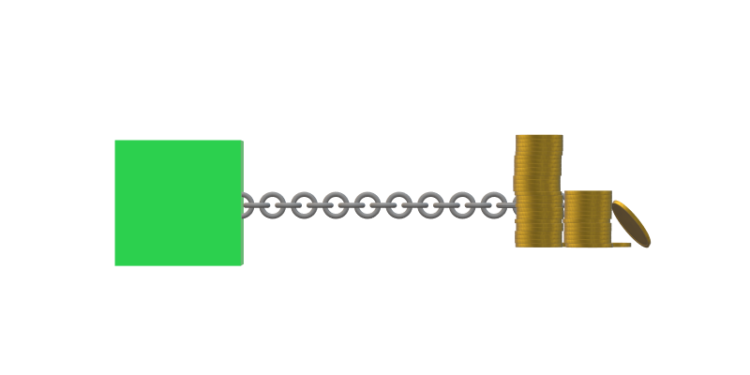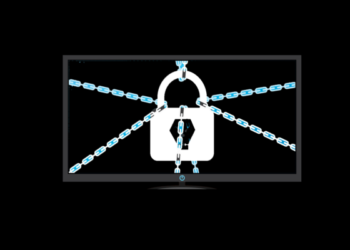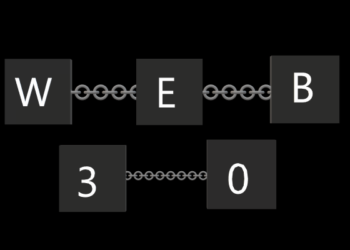In recent years, Decentralized Finance (DeFi) has emerged as one of the most revolutionary and transformative innovations in the financial world. While traditionally associated with tech enthusiasts and blockchain aficionados, DeFi has the potential to impact the lives of individuals from all walks of life. In this article, we will explore what DeFi is and why everyone, regardless of their tech background, should care about this groundbreaking financial phenomenon.
What is Decentralized Finance (DeFi)?
DeFi refers to a decentralized ecosystem of financial applications and services built on blockchain technology. Unlike the traditional financial system, which relies on intermediaries like banks and financial institutions, DeFi operates on open, transparent, and secure smart contracts. These smart contracts are self-executing protocols that automatically enforce the terms of an agreement, ensuring that all transactions occur without the need for a central authority.
Why Everyone Should Care About DeFi
Financial Inclusion
One of the most significant advantages of DeFi is its potential to bring financial services to the unbanked and underbanked populations worldwide. According to the World Bank, over 1.7 billion adults remain unbanked, lacking access to basic financial services. DeFi’s permissionless nature enables anyone with an internet connection to access financial tools like loans, savings accounts, and investments, thereby promoting financial inclusion and empowering individuals who were previously excluded from the traditional banking system.
Security and Transparency
The traditional financial system is vulnerable to security breaches and fraud due to its reliance on centralized databases. In contrast, DeFi’s decentralized structure ensures that user funds and data are secured through cryptographic protocols and distributed ledgers. Furthermore, all transactions on DeFi platforms are transparent and visible on the blockchain, reducing the potential for corruption and improving trust between parties.
Ownership and Control
With DeFi, users have full ownership and control over their assets. Private keys, which act as digital signatures, provide users with complete autonomy, eliminating the need to entrust their funds to third-party custodians. This level of control enhances financial sovereignty and reduces the risk of asset mismanagement or confiscation.
Lower Fees and Faster Transactions
Traditional financial services often come with high fees and slow transaction times, especially for international transfers. DeFi platforms leverage blockchain’s efficiency to streamline processes and significantly reduce costs. Users can send funds across borders at a fraction of the cost and experience faster settlement times, making it an attractive option for individuals looking to optimize their financial transactions.
Passive Income Opportunities
DeFi offers a range of passive income opportunities through yield farming, staking, and liquidity provision. Even for non-tech-savvy individuals, these income-generating activities are relatively simple to participate in, allowing users to earn rewards on their cryptocurrency holdings.
Conclusion
Decentralized Finance (DeFi) is not just a buzzword for tech enthusiasts; it represents a paradigm shift in the financial landscape that impacts everyone. By promoting financial inclusion, enhancing security and transparency, empowering individuals with ownership and control, and offering lower fees and faster transactions, DeFi has the potential to improve the lives of billions of people globally.
Regardless of your technical background, understanding and embracing DeFi can provide you with new financial opportunities and greater control over your assets. As the DeFi ecosystem continues to grow and evolve, staying informed about its developments will become increasingly crucial for financial empowerment in the modern world.
















